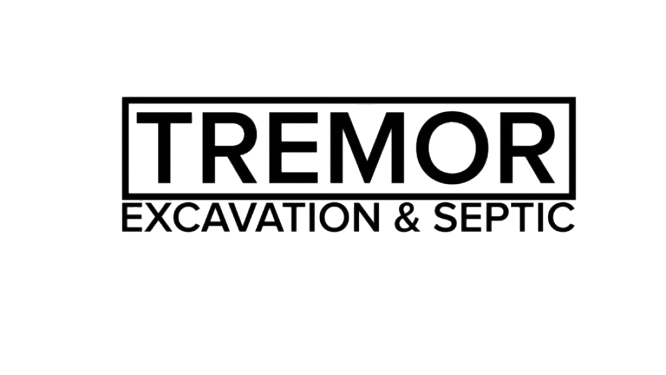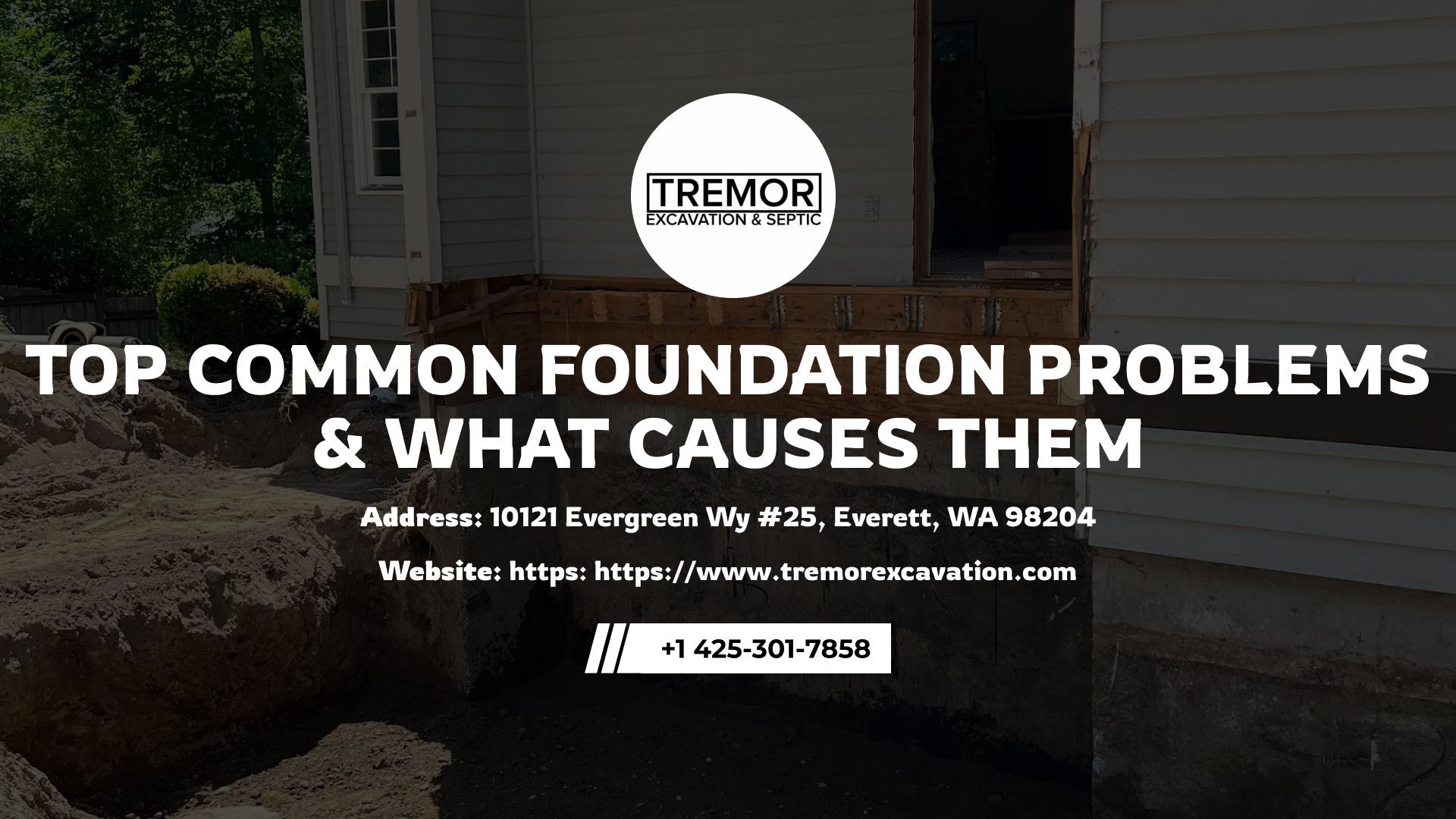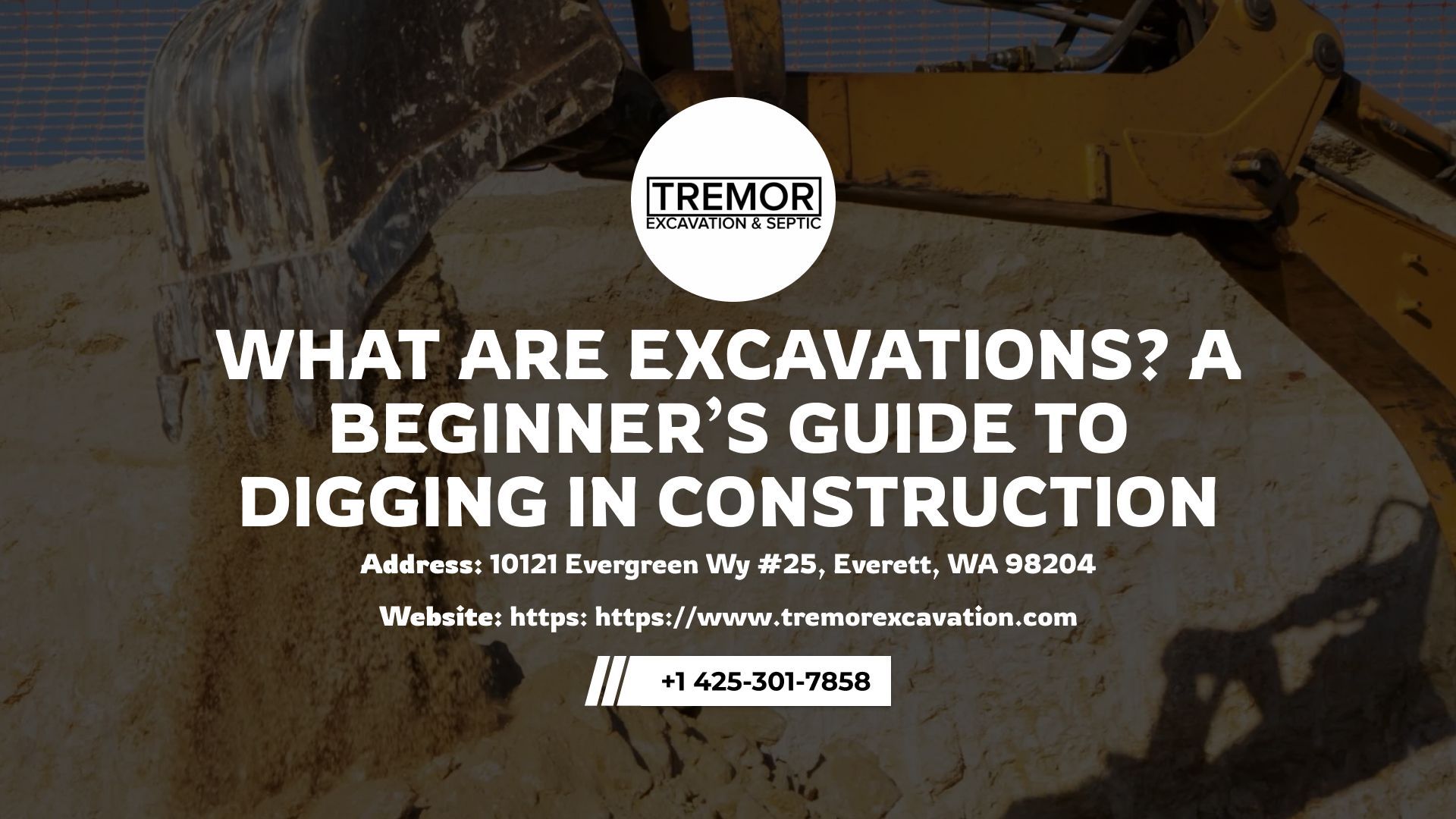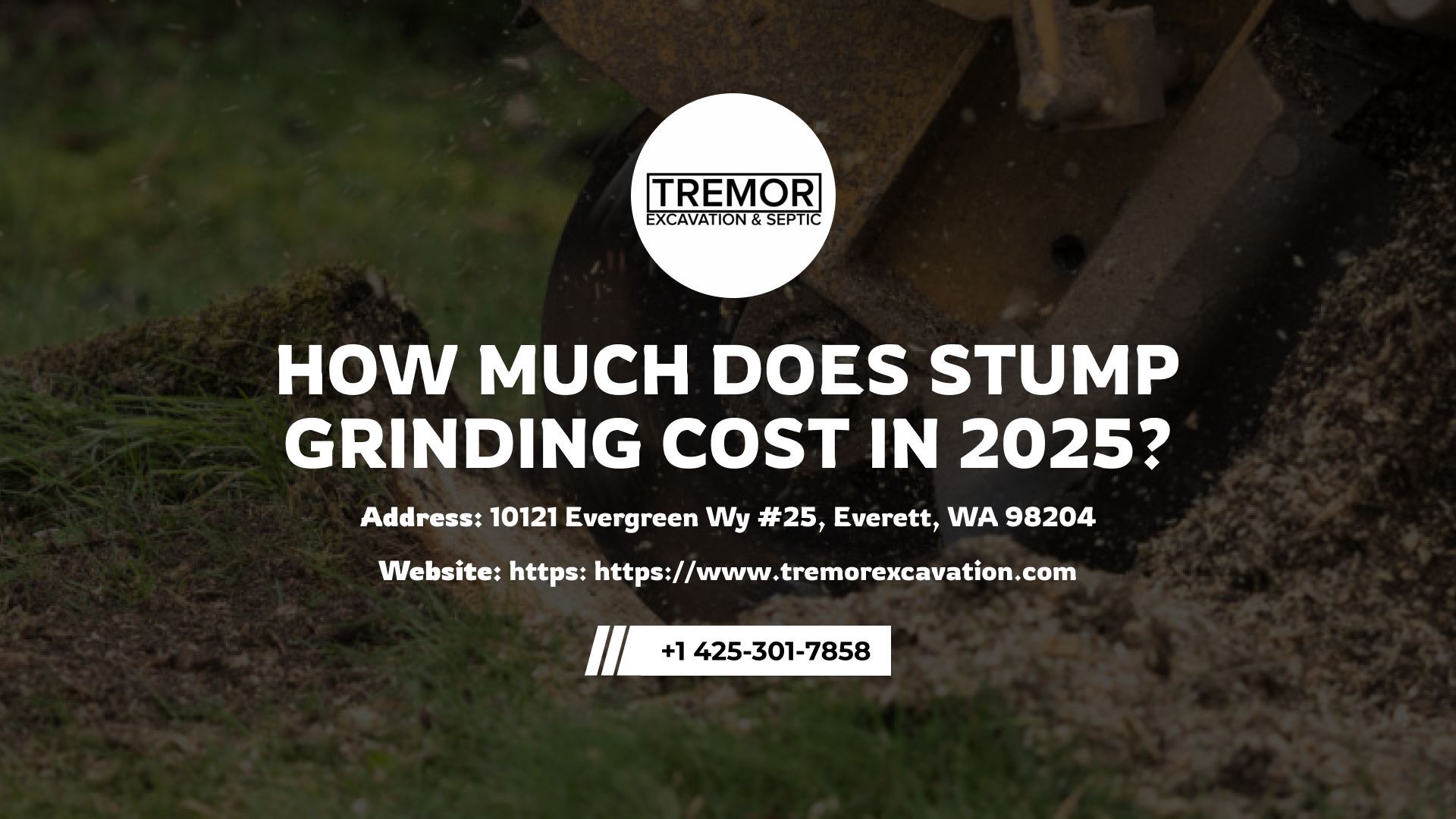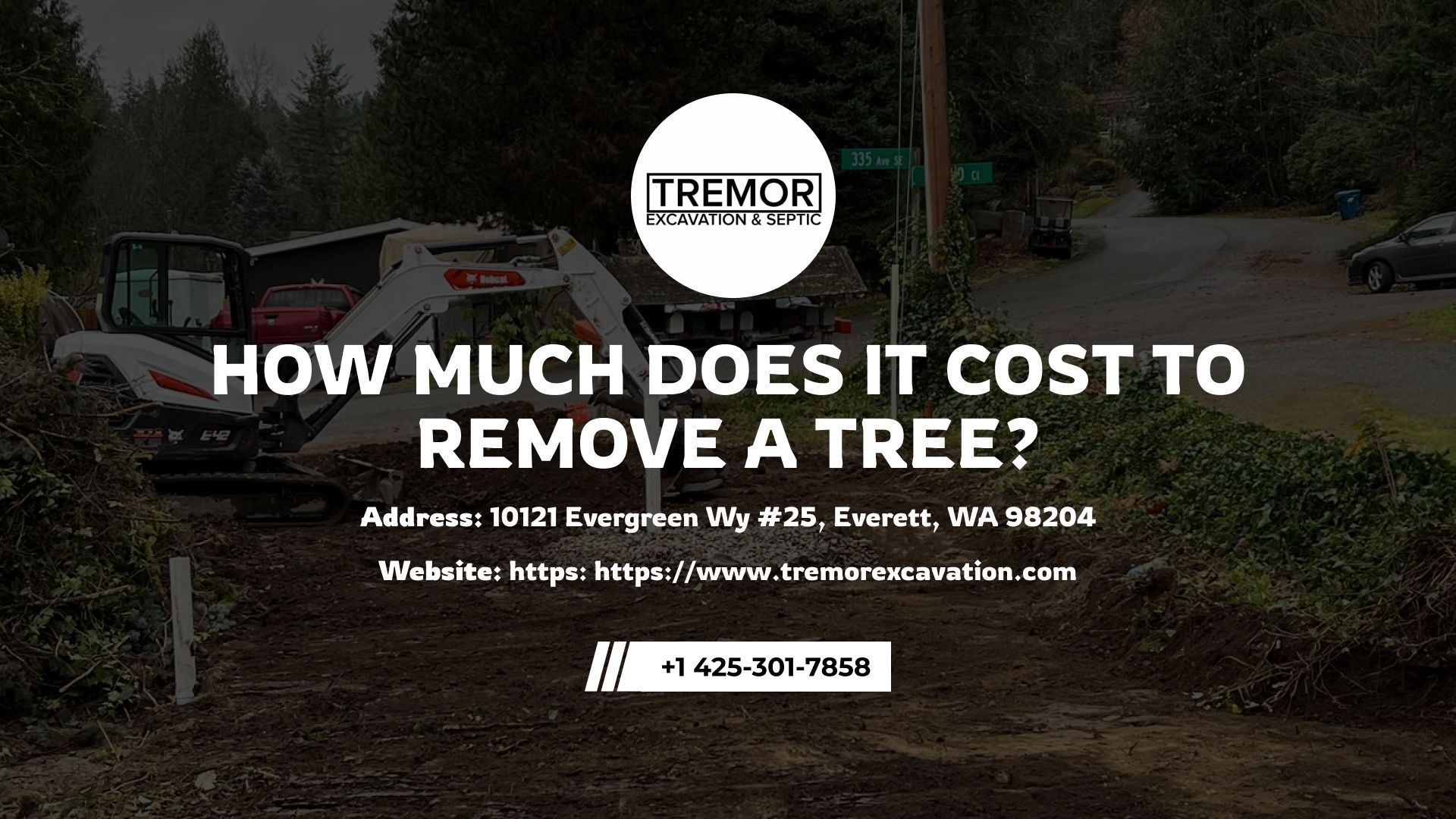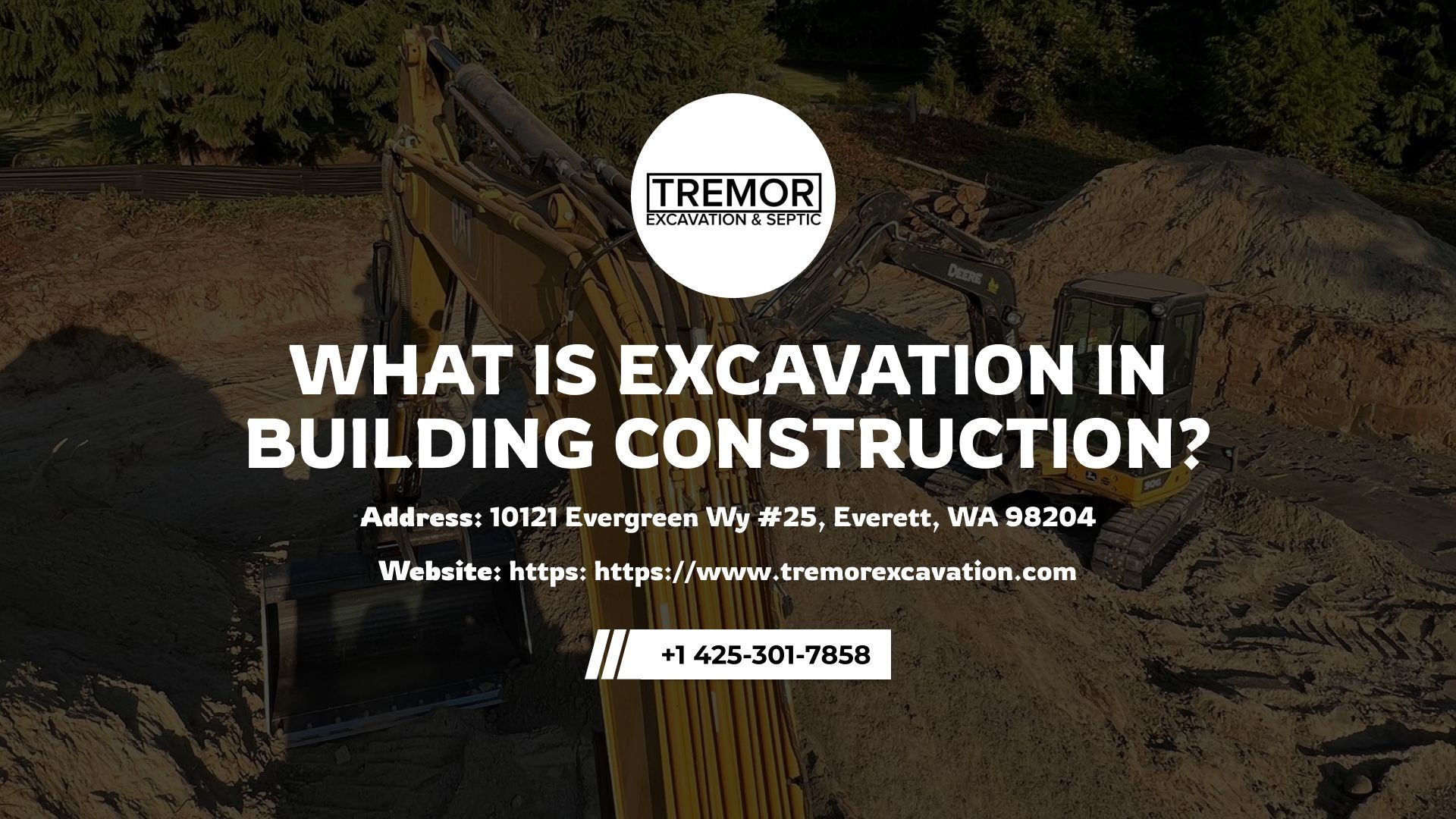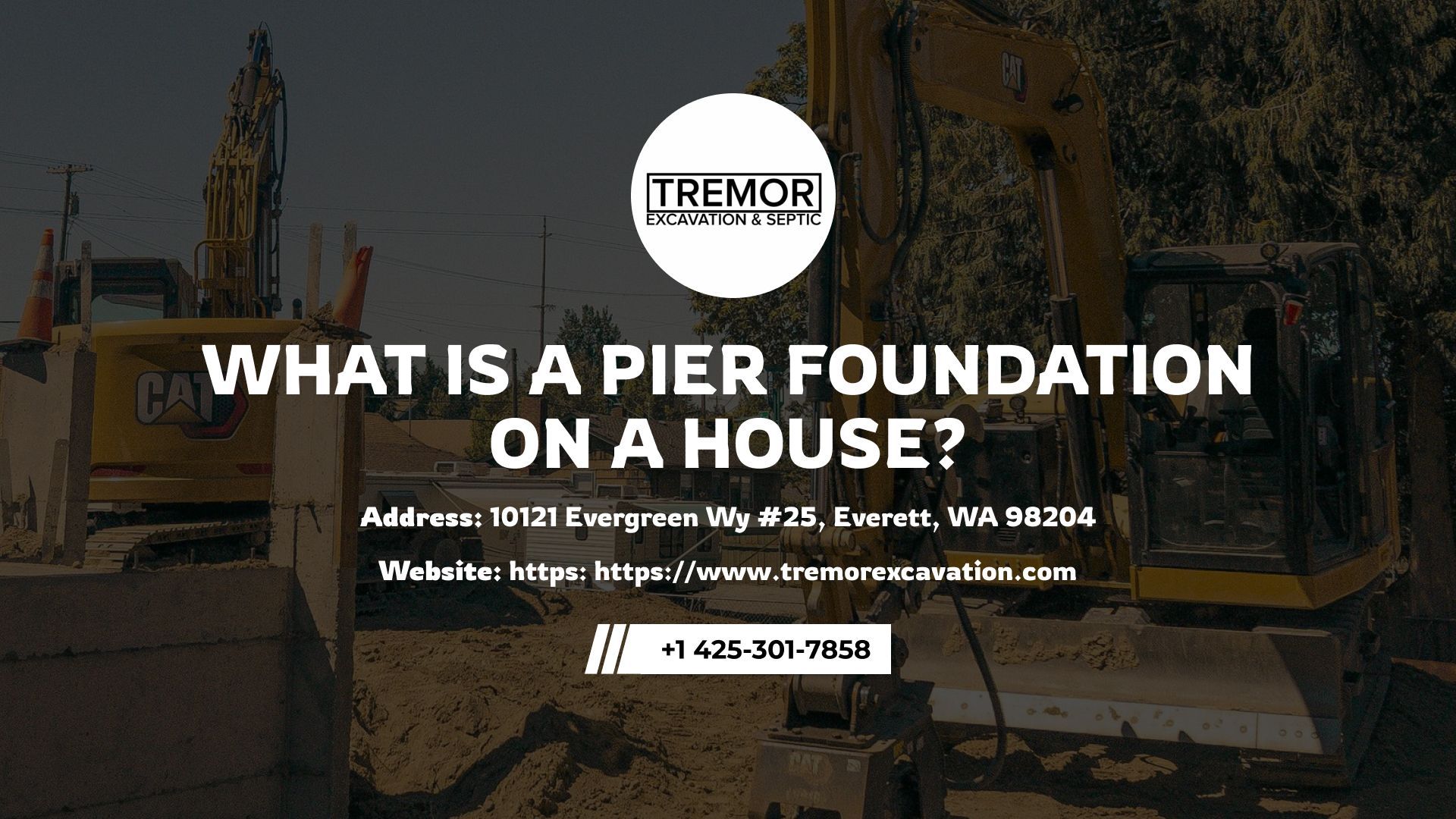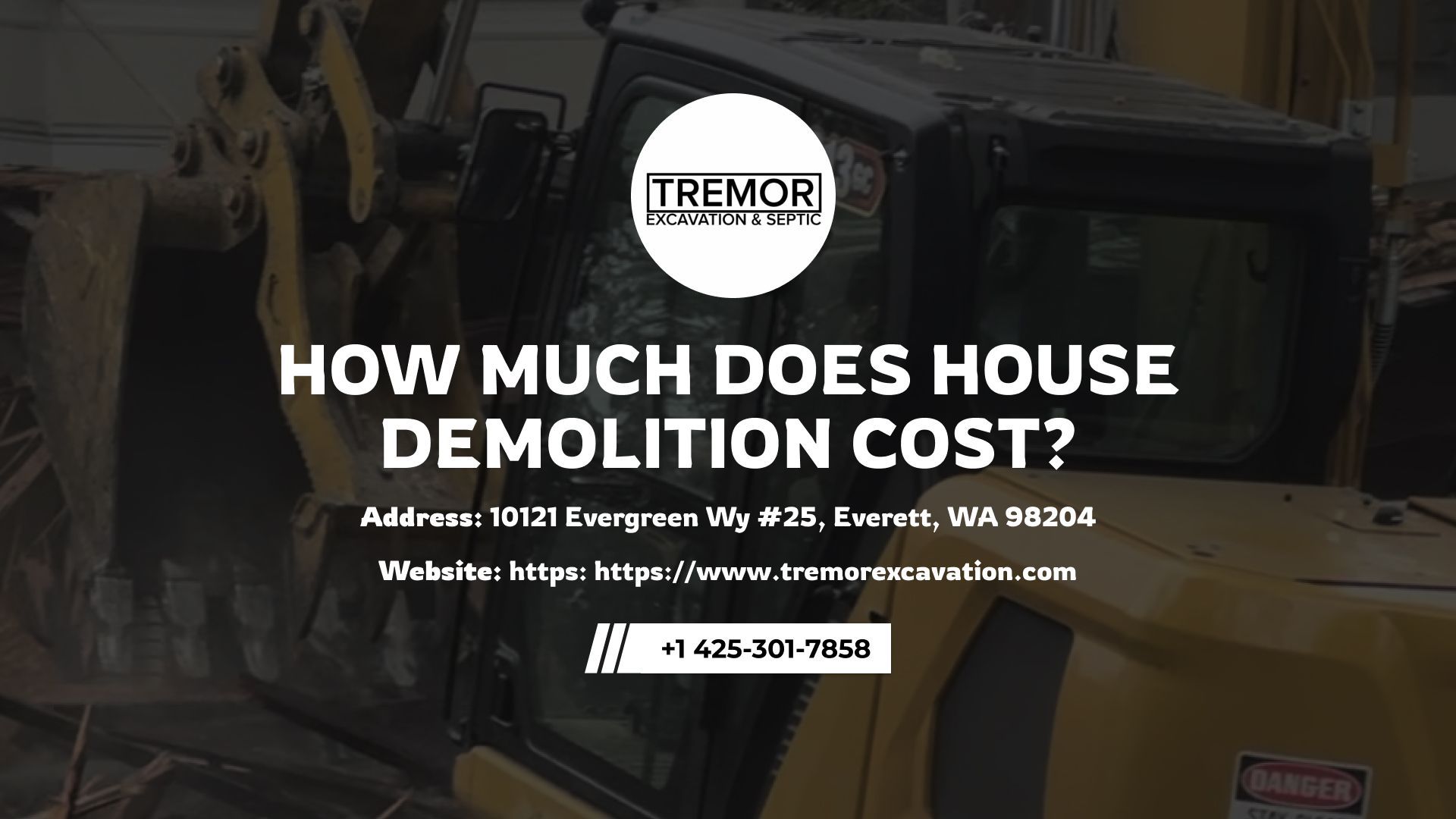How Much Does It Cost To Build A Foundation?
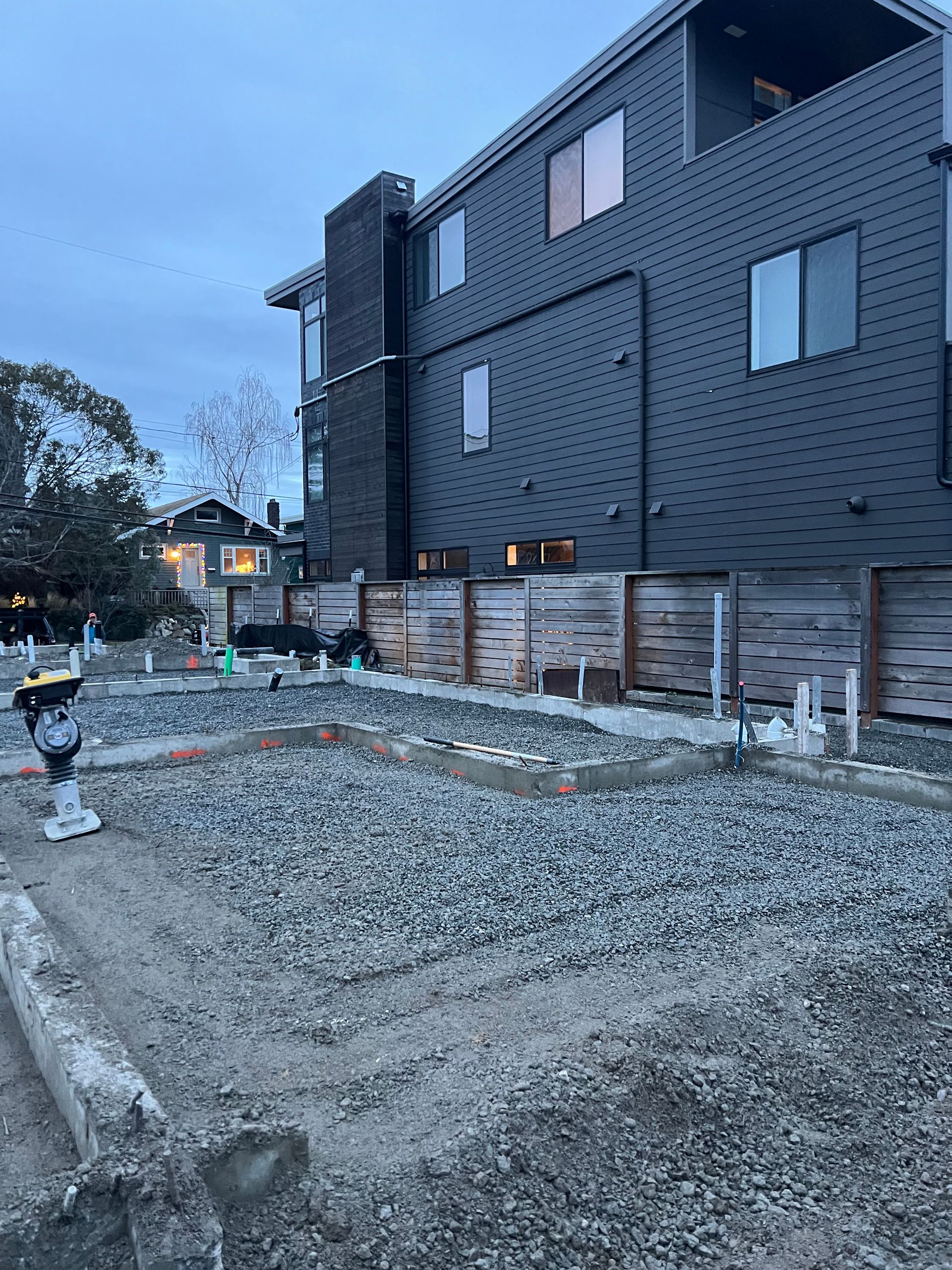
At Tremor Excavation & Septic, we believe every solid home starts with a well-built foundation. Understanding “how much does a foundation cost” is essential to avoid any unwanted expenses related to foundation prices. Here, we will discuss foundation prices and ways to save money without sacrificing structural quality.
Key Takeaways
- Foundation costs in 2025 range from $5,000 to $35,000, depending on type, soil conditions, and region.
- Slab, crawl space, and basement foundations each serve different climates and budgets, with slabs being the most affordable.
- Per-square-foot foundation pricing averages $5–$37, with total cost rising for larger homes or complex layouts.
- Main cost factors include soil quality, labor, materials, permits, and drainage, which can add $1,000–$8,000+ in extras.
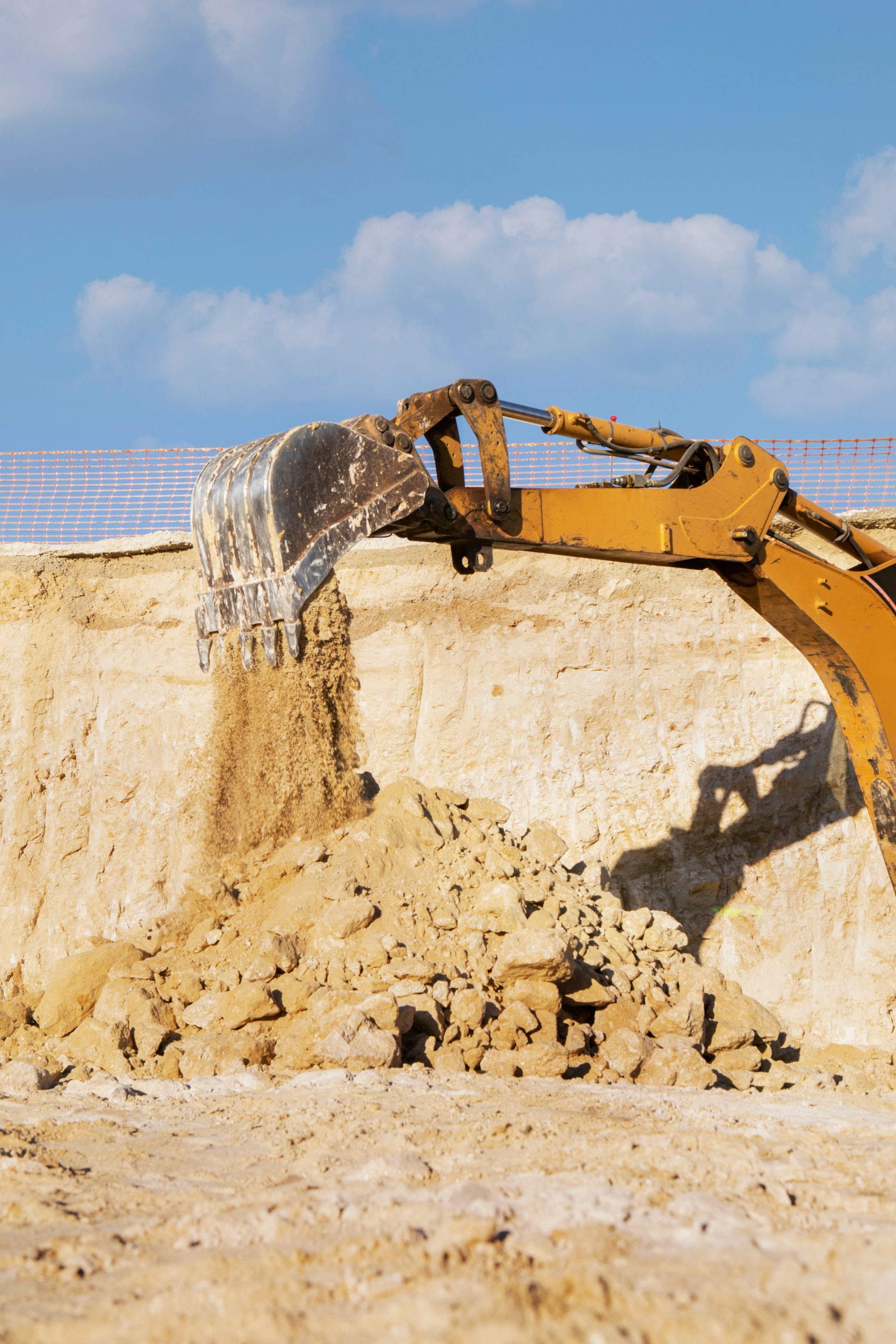
What Is The Average Cost To Build A Foundation?
“How much does a foundation cost?” varies widely based on location, foundation type, and local soil or frost-line conditions. Here's what homeowners can expect:
| Foundation Type | Average Cost | Best For | Key Benefit |
|---|---|---|---|
| Slab-on-Grade | $5,000–$15,000 | Flat, dry terrain | Fast, affordable, low maintenance |
| Crawl Space | $8,000–$25,000 | Moderate/humid climates | Easy plumbing access and ventilation |
| Full Basement | $20,000–$35,000+ | Cold or sloped regions | Added storage or livable space |
| Pier & Beam | $8,000–$20,000 | Wet or uneven land | Elevates structure, allows airflow |
| Pile Foundation | $10,000–$25,000+ | Weak or shifting soils | Deep support for heavy structures |
How Much Does A Foundation Cost Per Square Foot?
Knowing the per-square-foot cost helps you estimate based on house size.
- National average: $5 to $37 per sq ft
- Example estimates:
- 1,000 sq ft home: $5,000–$18,000
- 2,500 sq ft home with a basement: $25,000–$40,000+
Complex footprints, deep footings, or high water tables can significantly increase costs.
What Factors Affect The Cost Of A Foundation?
Before pouring concrete, you should know what affects price decisions. The most critical factors are as follows:
Size & Footprint
Larger homes require more excavation, materials, and labor. A simple rectangle is cheaper than a house with angles, bump-outs, or multiple corners.
Soil Conditions & Frost Line
Not all soil is equal. Sandy or clay-heavy soil may require compaction or reinforcement. In cold climates, deeper footings are needed to reach below the frost line. If your land has moisture-prone or uneven terrain, a pier foundation may be more cost-effective than slab or basement options.
Type Of Foundation
Each foundation type offers different costs and performance levels. Slabs are the most affordable, while basement and pier foundations handle moisture and slope better.
Labor And Material Costs
Labor accounts for 40–60% of total expenses. Materials such as concrete, rebar, gravel base, and drainage pipes make up the rest. Local wages, crew size, and project timeline directly affect the overall cost.
| Component | Cost Share | Details |
|---|---|---|
| Labor | 40–60% | Excavation, form setup, pouring |
| Materials | 30–50% | Concrete, rebar, vapor barriers |
| Equipment | 10% | Mixers, compactors, pumps |
Permits And Inspections
Foundation construction requires building permits, soil reports, and site inspections. Permits usually cost between $200 and $2,000, depending on city regulations. Failing inspections can delay work and add reinspection fees.
Site Preparation, Grading & Excavation
Site clearing, grading, and excavation add $1,000–$5,000 to most projects. Uneven terrain, tree removal, or rock excavation can increase costs.
Drainage, Waterproofing & Insulation
Adding drainage systems, sump pumps, and foundation insulation enhances protection but raises cost. Waterproof coatings prevent moisture intrusion and mold growth, ensuring long-term durability. For a more detailed breakdown of excavation and water drainage prep, visit our guide on excavation in construction.
Cost Of Common Foundation Add-Ons
Some features raise initial costs but provide long-term benefits:
- Plumbing or electrical conduit: $2,000–$4,000
- Foundation insulation or waterproofing: $2,000–$5,000
- Finished basement with drywall and egress window: $5,000–$15,000+
Ongoing Foundation Expenses
Building the foundation is only part of the cost. Maintaining it protects your home long term.
Routine Maintenance
Proper drainage and moisture control prevent cracking. Regularly inspect gutters, grading, and downspouts.
Common Repairs
- Minor crack sealing: $500–$1,000
- Major stabilization (underpinning): $10,000–$25,000
Insurance Coverage
Most home insurance won’t cover foundation damage unless caused by a covered incident (like a pipe burst or flood). Review your policy details carefully.
How To Save On Foundation Costs
Here are simple ways to reduce expenses without sacrificing safety:
- Get at least 3 contractor quotes before choosing
- Use basic foundation shapes (e.g., rectangles)
- Stick with standard, code-compliant materials
- Schedule work during slower months for better rates
- Avoid unnecessary design complexity or deep excavation
DIY Vs. Hiring A Professional
This section compares the costs, risks, and responsibilities of each option to help you decide what's best for your foundation project.
| Option | Cost | Skill Level | Warranty | Safety |
|---|---|---|---|---|
| DIY | Low | High skill | None | Risky |
| Professional | Higher | Expert | Guaranteed | Safe |
Conclusion: DIY foundation work may seem cheaper, but it lacks precision and warranty. Professional contractors ensure load-bearing compliance, safety, and code approval.
Hire A Licensed Foundation Contractor Near You
Looking for a foundation contractor near me? Start your project today with Tremor Excavation & Septic. Our team delivers accurate excavation, grading, and concrete foundation work for residential and commercial sites. Contact us now for reliable service and free estimates.
FAQs
What’s included in foundation cost estimates?
Most estimates include excavation, concrete work, and basic drainage prep, but exclude waterproofing or insulation.
What is the most cost-effective house foundation?
A slab-on-grade foundation is the most affordable and fastest to build. It works best in warm, dry climates.
Do I need a soil test before building a foundation?
Yes. A soil test identifies bearing capacity, moisture content, and clay expansion. Testing ensures stable, code-compliant construction.
How long does it take to pour and cure a foundation?
Pouring takes 1–3 days, while curing lasts up to 28 days for full strength. Weather and humidity affect this timeline.
What’s the best time of year to build a foundation?
Spring or fall often offer better contractor availability and stable weather for curing.
Can you add a basement to an existing house later?
Yes, but it’s complex. Underpinning and dig-out methods can add a basement, costing $50,000 or more, depending on the structure and soil.

